July 22, 2025 | 13:57 GMT +7
July 22, 2025 | 13:57 GMT +7
Hotline: 0913.378.918
July 22, 2025 | 13:57 GMT +7
Hotline: 0913.378.918
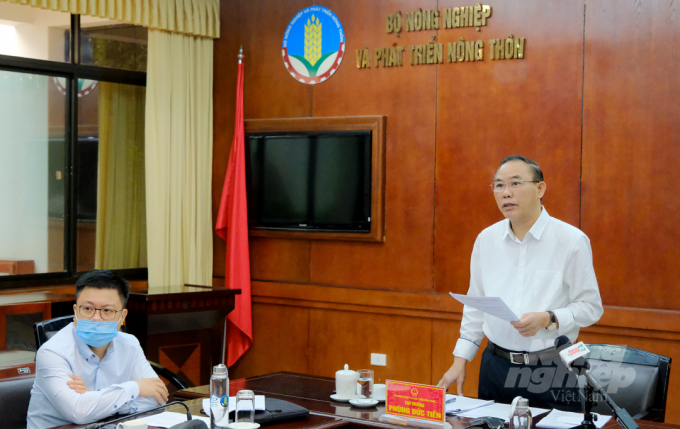
Deputy Minister Phung Duc Tien chairs the online conference at the office of the MARD. Photo: Bao Thang.
"Vietnamese black jelly plants are particularly grown organically. Farmers almost never use pesticides or chemicals. It's totally safe for consumers to eat," said Phung Duc Tien, Deputy Minister of the Ministry of Agriculture and Rural Development (MARD) at the online conference on promoting Lang Son black jelly consumption on the morning of September 25.
According to Deputy Minister Phung Duc Tien, the agricultural sector should coordinate and focus on four contents to improve the quality, export value and to exploit the potential of black jelly plants.
First, organizing production in a synchronous, professional and efficient way. In addition, promoting technological application and traceability; encouraging the formation of production chain linkages to add value to the product and to have better quality management.
Second, strengthening the control of planting area codes. Besides, the provinces which have a large area of black jelly plants like Lang Son, Cao Bang should regularly organize training courses and propaganda programs so that local people and businesses could understand and comply with the technical requirements as well as the regulations of black jelly production.
Third, pushing the application of processing and preserving technologies to diversify product varieties, extending the shelf life of the products and ensuring the quality.
Finally, fulfilling the technical dossiers involved in the negotiations in order to find more markets for black jelly. Along with that, localities should enhance the cooperation with the agencies under the MARD and the Ministry of Industry and Trade to promote the product, making maximum use of online sales channels.
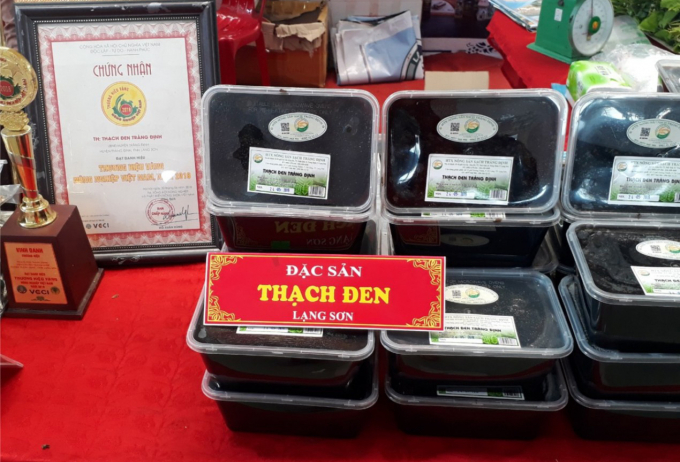
Trang Dinh black jelly.
Black jelly is popularly grown in East Asia, mainly in Vietnam, China and Taiwan. Vietnamese black jelly is highly appreciated thanks to its taste and flavor. It's enjoyed not only as a healthy snack but also as an herbal medicine which can help lower blood cholesterol, reverse the signs of aging, treat diabetes and lower high blood pressure.
In Vietnam, black jelly plants are mostly grown in Cao Bang, Lang Son and scattered in Lam Dong, Lao Cai and some Northern mountainous provinces. This crop brings high economic value to people living in mountainous areas and ethnic minority groups. In the first eight months of 2021, Vietnam black jelly exports reached a total value of nearly US$1.4 million and market potential of the product is huge.
In addition to China, the major market, Vietnam black jelly is also exported to Thailand, Indonesia, Taiwan and South Korea. There have been 257 planting area codes of black jelly plants with a total area of more than 1,000 hectares and eight processing facilities allowed to export black jelly so far. In particular Lang Son province has 121 planting area codes and four facilities qualified for export.
Trang Dinh is the largest black jelly producing area in Lang Son. In 2021, the district has 2,100 hectares of black jelly plants with an estimated output of 11,200 tons.
Chairman of the People’s Committee of Trang Dinh district Vu Duc Thien suggested that the management agencies should lay out a set of criteria of a planting area code for the mountainous provinces in general and Trang Dinh in particular. At the same time it’s necessary to connect with investors in order to build deep processing factories in the district.
The leader of Trang Dinh district also proposed that the MARD and related agencies should asked the Chinese side to approve of qualified processing facilities exporting back jelly to China as soon as possible. Besides, Guangxi province (China) should reopen the two border gates of Binh Nghi and Na Nua to facilitate goods clearance, reducing transportation expenses, thereby lowering the prices.
Parallel to this it’s necessary to provide the district information related to the market including quality requirements, product standards needed for exporting and promptly informing of any change in the product quality so that the district can adapt to the situation.
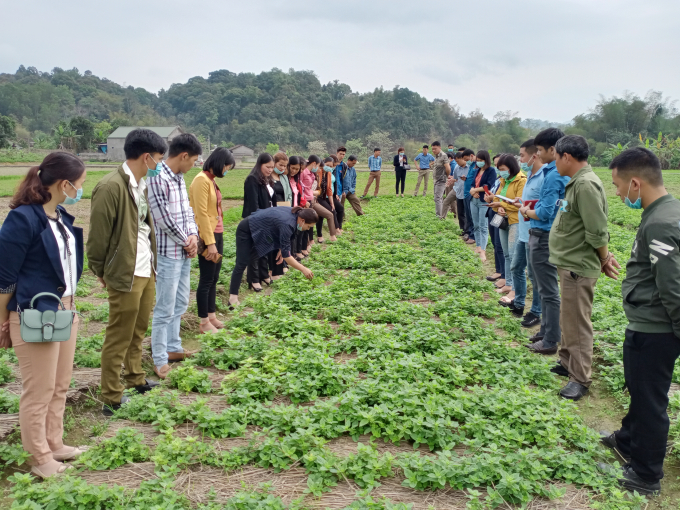
Black jelly plants are grown in Lang Son province. Photo: LB.
The Ministry of Agriculture and Rural Development and the General Department of Customs of China signed a protocol on black jelly export to China on December 8, 2020. It’s considered a passport for black jelly to be exported officially to China.
The online conference on December 25, 2021 was the first meeting between the two sides after the protocol was singed.
“Trade of agricultural products between Vietnam and China has been growing strongly. China is now the second largest importer of Vietnamese agricultural products and Vietnam is China’s biggest trading partner in ASEAN. Through the conference, it’s hoped that the two sides will create favorable conditions for people especially ethnic minorities to stabilize their livelihoods, increase their incomes, improve the living standards and produce black jelly sustainably,” Deputy Minister Phung Duc Tien emphasized.
At the meeting, the leader of Guangxi Department of Commerce pledged to promote the trade of Vietnamese agricultural products such as black jelly.
“Guangxi Department of Commerce is committed to cooperating and promoting trade of Vietnamese agricultural products such as Lang Son black jelly,” said Diao Weihong, Deputy Director of the Guangxi Department of Commerce.
Diao believed that Guangxi and Lang Son will have a great opportunity for cooperation because the Chinese market is in short of black jelly and the demand is still high.
“Lang Son black jell is a source of high-quality raw material which can be used for producing many high-quality products. We promise to develop a set of standards to guild Vietnamese businesses on export procedures. At the same time we will open the market for black jelly, creating favorable conditions for a smooth circulation of the product on the basis of ensuring plant quarantine,” said Diao Weihong.
According to Diao, Guangxi Department of Commerce will encourage the province's enterprises to build black jelly processing plants in Lang Son with an estimated capacity of around 1,000 tons.
At the online conference, many Chinese enterprises proposed that Lang Son should take measures and pay more attention to eunsure the quality and and prices of black jelly in the near future. In addition to that, Lang Son also needs to develop policies to create “green channel” to facilitate the trading in black jelly.
Ho Tien Thieu, Chairman of the People’s Committee of Lang Son province expressed the hope that Chinese enterprises will soon invest in hi-tech deep processing facilities in Lang Son.
For the Vietnamese enterprises interested in developing raw materials and processing plants, Lang Son will set out policies to create favorable conditions for them to establish concentrated black jelly farming areas and processing plants.
Le Hoang Tai, Vice Director of the Vietnam Trade Promotion Agency (Vietrade) under the Ministry of Industry and Trade said the market for black jelly has been expanding domestically and internationally. Viettrade will go with Lang Son to boost promotional activities and diversify sales channels including traditional ones and e-commerce platforms.
Amid the complex situation of the Covid-19 pandemic trade in agricultural products is facing a lot of difficulties. Vietrade is willing to act as a bridge to connect Lang Son’s specialized agencies and Vietnamese enterprises with Chinese partners.
Translated by Mai Tham
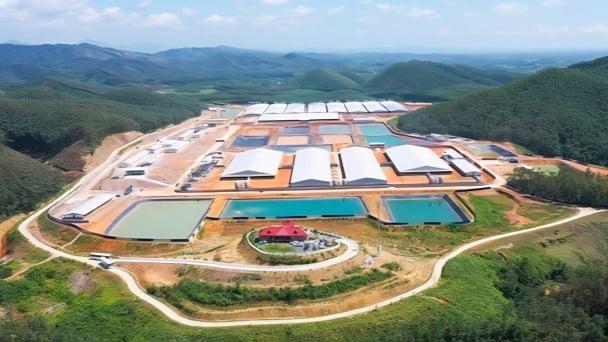
(VAN) Quang Ninh's livestock sector continues to shift toward a more centralized, large-scale model, with the application of high technology and enhanced biosecurity.
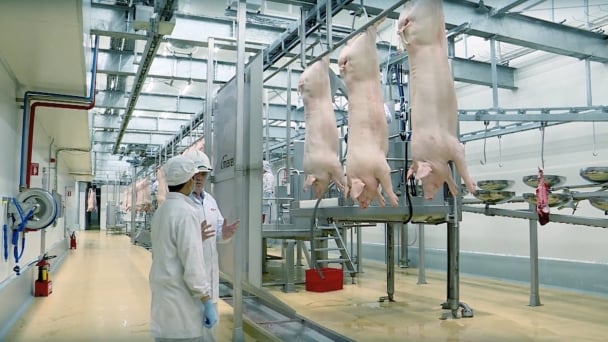
(VAN) Masan Group’s sustainable development initiatives focus on creating value for both the economy and social well-being.
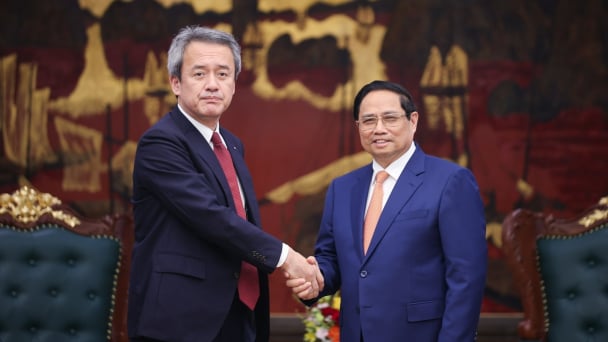
(VAN) Prime Minister Pham Minh Chinh proposed that Marubeni Group collaborate with Vietnam in the breeding of crop and livestock varieties, brand development, processing, and exporting of the country's primary agricultural products.

(VAN) Amid mounting pressure from the EU, the United States, and global corporations, domestic enterprises have started developing roadmaps to reduce emissions in order to secure export orders.
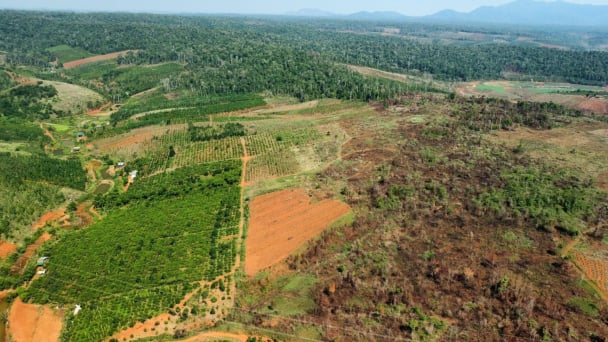
(VAN) Lam Dong approves high-tech dairy project worth over VND 8,000 billion in Quang Son commune, housing 50,000 cows, hoping to transform local agriculture.
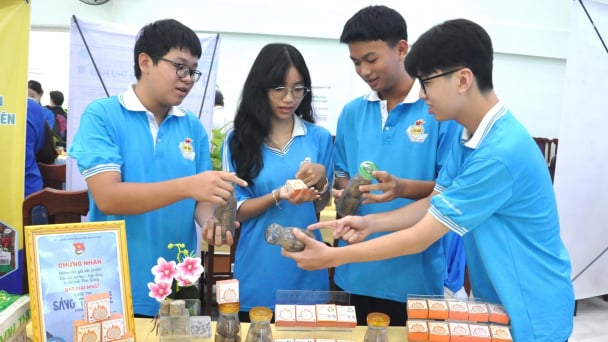
(VAN) The recycled pellet, made from melted plastic waste mixed with rice husks and dolomite powder, generates high heat when burned and can be used as a substitute for coal.
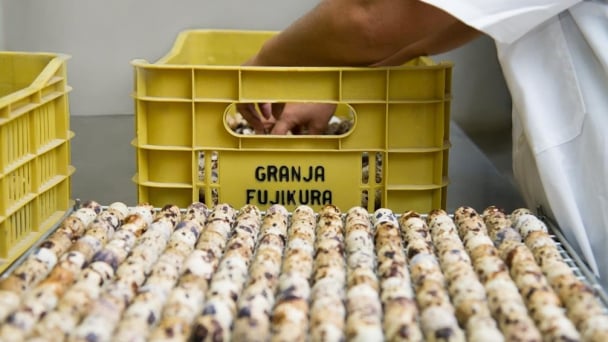
(VAN) Prime Minister Pham Minh Chinh had a working session with the leadership of Granja Fujikura, a high-tech agricultural farm in Brazil, which is part of the Granja Fujikura system originating from Japan.